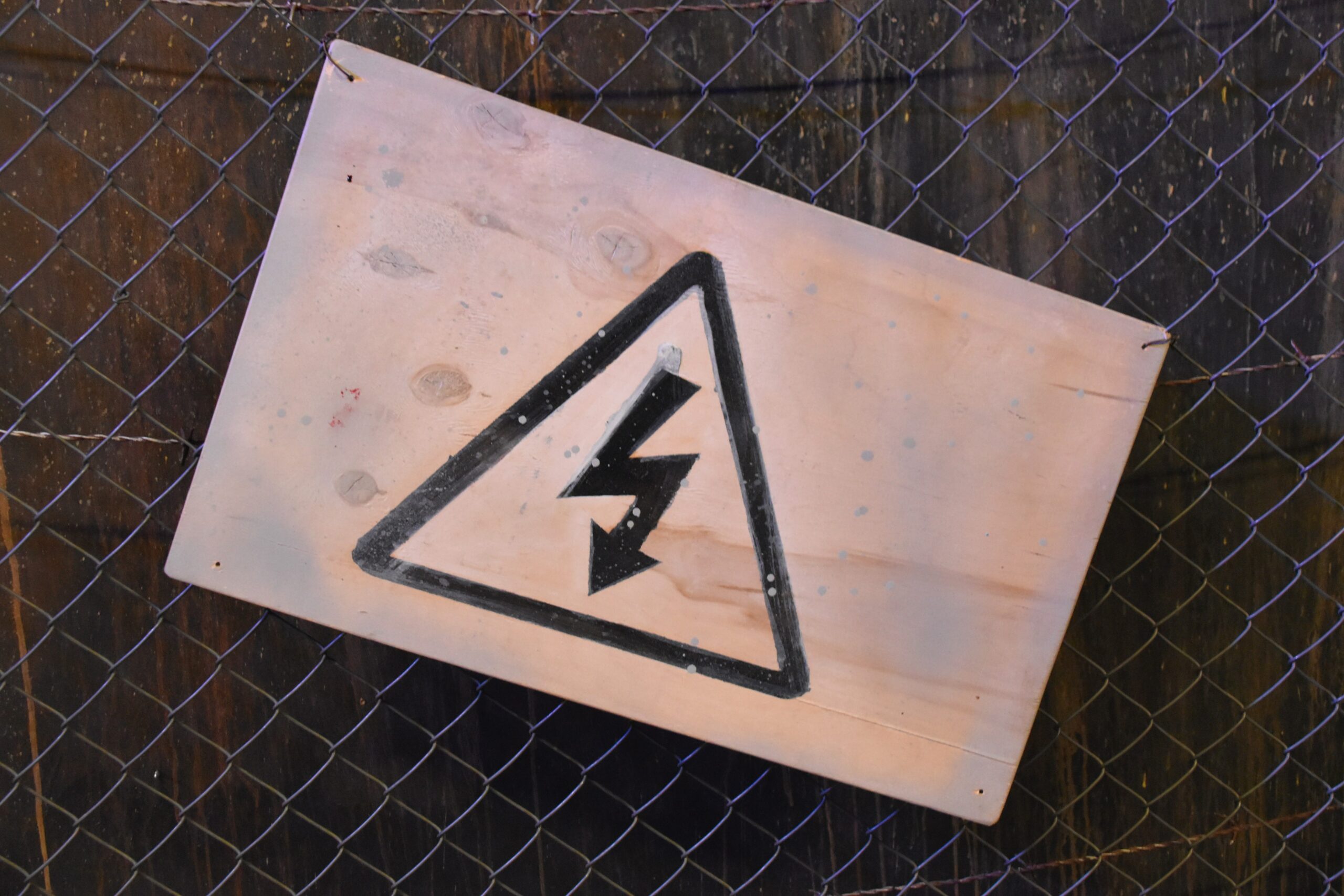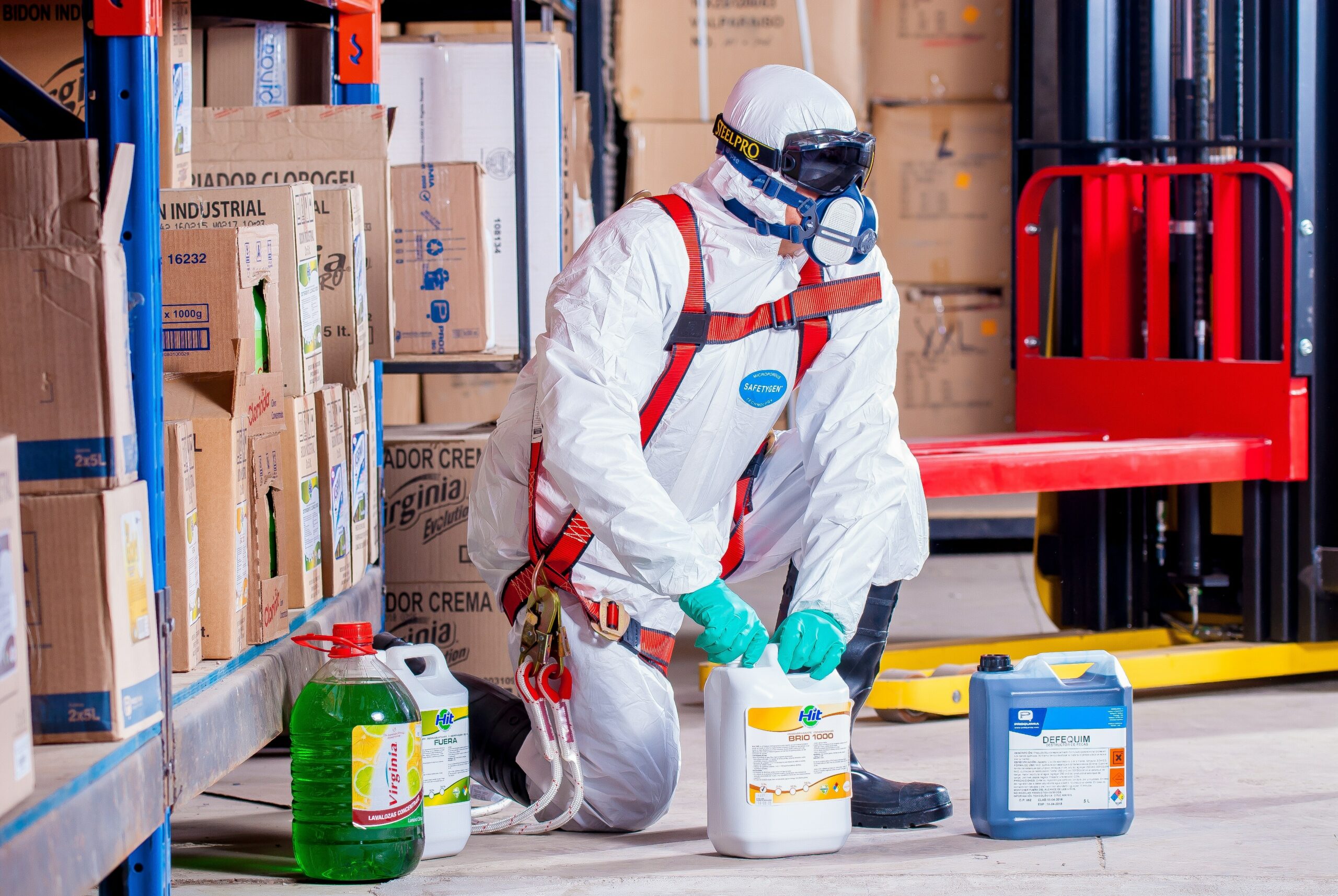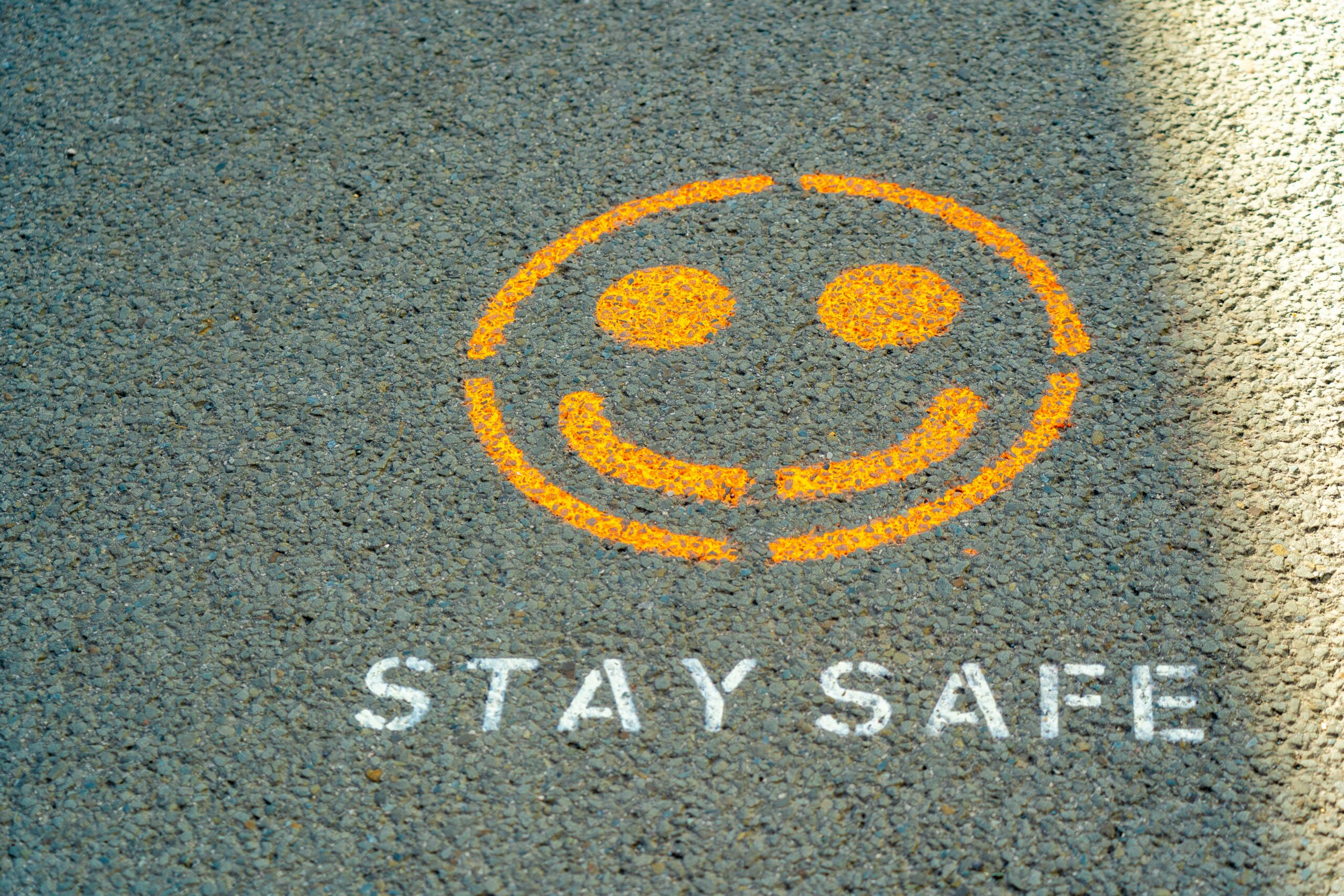What Is Included In A COSHH Hazaradous Substances List

Workplace environments contain many hazards. One of the most dangerous hazards in some workplaces is hazardous substances, which is why you need a risk assessment for COSHH. Hazardous substances are subject to specific legislation by the Health and Safety Executive (HSE). Knowing what is included in the hazardous substances list will help you to complete a detailed and helpful assessment to protect all employees coming into contact with these substances.
WHAT DOES COSHH STAND FOR?

COSHH stands for Control Of Substances Hazardous to Health. It is a separate part of health and safety law that pertains specifically to substances that could cause harm to anyone coming into contact with them. COSHH includes a set of rules and regulations that must be followed to protect workers from exposure to certain substances. There are a number of substances included in the hazardous substances list from HSE.
Compliance with COSHH is essential to ensure that workplace health and safety measures are stringent in protecting employees and preventing illness and/or injuries occurring from exposure to hazardous substances.
MANAGING COSHH HEALTH AND SAFETY
COSHH requires employers to assess the risks associated with hazardous substances by completing a COSHH risk assessment. There are several types of risk assessments, but, in general, a risk assessment is a document that identifies risks in any workplace and creates control measures to eliminate or reduce these risks.
Workplaces that often need a specific assessment are agriculture, manufacturing and engineering, cleaning, some hospitality sectors, healthcare, and warehouses. The assessment would include a hazardous substances list to identify the specific substances that pose a risk to employees, and would then detail control measures to prevent or reduce any risks. These control measures might look like minimising exposure to the substances, organising appropriate training for employees, providing PPE and reviewing the hazardous substances list regularly. The control measures should also be reviewed periodically to make sure they continue to offer adequate protection.
An assessment might also include method statements for staff, advising the safest way to handle and work with specific hazardous substances. There might also be a competent person assigned to managing and maintaining the hazardous substances list.
EXAMPLES OF HAZARDOUS SUBSTANCES

Hazardous substances are considered to be those that can cause skin irritation or allergies, breathing difficulties or illnesses like asthma, damage to internal organs, or immediate and obvious injuries, such as burns or temporary blindness. These are just some of the examples of hazardous substances’ potential side effects, but there are many more.
A hazardous substances list found in COSHH documentation will vary according to the industry. The HSE guidance details the types of chemicals for each sector, from baking to woodwork. As an overview, examples of hazardous substances are:
- Chemicals and products containing chemicals, such as paint or cleaning products
- Fumes – for example, those from welding
- Dusts, including wood dust or fibreglass dust
- Vapours from substances like adhesives
- Mists and gases – for example, ammonia or chlorine
Asphyxiating gases, like methane and carbon dioxide, are also covered in the hazardous substances list under COSHH regulations, as are germs used in laboratories and those that cause diseases – for example, leptospirosis or Legionnaires’ disease.
Packaging should be clearly labelled with hazard symbols, so employers and employees know it is classed as a hazardous substance. This will help when identifying the precise hazardous substances to include in an industry or job-specific COSHH review.
WHAT IS NOT ON THE HAZARDOUS SUBSTANCES LIST?
A COSHH hazardous substances list does not include lead, asbestos, radioactive substances, or biological agents. This is because they have their own regulations, due to the severity of harm these substances could cause. Specific guidelines must be put in place by employers to ensure the safe handling and management of these types of substances.
WHAT IS COSHH BEST PRACTICE?

To ensure that best practice is followed and that staff are therefore protected, there should be a specific risk assessment pertaining to COSHH. A person within the business who is responsible for health and safety and has completed risk assessment training specific to their sector should create and maintain this. There are some basic steps that all businesses must follow when they set out to complete a COSHH assessment. These are:
- Identifying the harmful substances and creating a thorough inventory
- Obtaining data sheets for all of the chemicals listed that will tell you safe handling procedures and emergency measures
- Establishing the use of these substances, i.e., by who, when and where and in what quantities
- Assessing the actual risk; for example, will skin be exposed, or is it a substance that could be inhaled? Also, note the frequency of use, as this may increase the risks
- Evaluating the consequences faced by anyone using the substances. This can help to determine a hierarchy of risk and help to decide priority areas
- Putting control measures in place. This could mean steps to prevent exposure altogether by using alternative products. It could also mean increasing ventilation systems or reducing employee exposure times by rotating workers’ tasks. PPE is another control measure often used for those working with harmful substances, and all employees should be trained in safe handling, storage, and disposal best practice
- Implementing emergency procedures should an accident or injury occur and having a clear process for recording and investigating accidents
- Keeping a document of the risk assessment, and regularly reviewing and monitoring it to make sure it remains effective at protecting employees.
Completing a risk assessment for COSHH requires careful consideration and attention to detail to ensure the health and safety of employees in the workplace.
COSHH SERVICES FROM RHINO SAFETY
Rhino Safety manages health and safety for businesses throughout the UK. Our expert team takes care of every part of the health and safety process from in-depth audits, fire risk assessments and, of course, your COSHH risk assessment.
The control and management of harmful substances is an important part of a workplace risk assessment for many industries and should be as detailed and rigorous as possible to protect employees and ensure businesses are fully compliant with all current legislation.
If you would like us to overhaul your health and safety or check that your COSHH harmful substances list and risk assessment are up to scratch, please contact us for more information or to obtain a quote.
